Getting Started
Whatever your experience and aspirations, there are a number of opportunities for you to get involved in Para sport in New Zealand.
The sections will guide you through how to get started and what it takes to become a Paralympian. The vision of the Paralympic Movement is achieve sporting excellence. The ultimate goal for some Para athletes may be to represent their country at a Paralympic Games whilst for others it may be to just compete against other Para athletes in their chosen sport. Here you will find all the information you need as you progress through your journey to the Paralympic Games from Grassroots to Gold!

Register your interest now
To get started, the first thing to do is to register your interest with Paralympics New Zealand (PNZ). This will give us an understanding of your background, interests and ambitions, which will allow us to provide a personalised recommendation regarding the next steps and opportunities best suited to you.
It is also important, at this stage, to find out whether your disability makes you eligible for that sport. PNZ can help you with this process. Read the Quick guide to Para sports and their impairment eligibility (PDF, 675KB).
One of the most popular ways to get involved in Para sport is through your local Parafed. Regional Parafeds deliver a range of disability sport and support programmes, and are a great way to make friends and build skills. There are currently 11 Parafed organisations operating around the country. Each region has its own identity and sports on offer, so contact your local Parafed for more information. See the full list and links to the Parafed organisations and National Sport Organisations.
The most important thing when starting to explore Para sport is to get active and involved in the sport that motivates and interests you. We are happy to help direct you to those opportunities, whether it be with a Parafed, National Sports Organisation or directly with a club.
Para athlete development
The journey from initial involvement in Para sport to winning a Paralympic gold medal involves a number of different stages. For new Para athletes, the road ahead may seem like an adventure into the unknown. To help alleviate this uncertainty, this section describes the various phases of Para athlete development and introduces the various programmes of support available at each stage.

Explore phase
Individuals in the Explore phase are sampling Para sport for the first time or participating in Para sport on a casual and occasional basis. The focus is on providing an introduction to Para sport, the development of fundamental movement skills, and healthy living through sport and recreation. Para sport opportunities in the Explore phase are generally provided by family and friends, schools, regional Parafed organisations, Halberg Foundation, and/or National Disability Sporting Organisations such as Blind Sport New Zealand.
PNZ Classification is not necessary for participants in the Explore phase.
Engage phase
In the Engage phase, individuals are participating in Para sport on a regular basis at a recreational or competitive level. The focus is on the development of sport specific skills and preparation for competition. Participants in the Engage phase take part in regular training sessions with a coach and/or training group, and many will compete in local, regional and occasionally, national events. Para sport opportunities in the Engage phase are typically provided by schools, regional Parafed organisations, and local sporting clubs.
Participants in the Engage phase are encouraged to obtain a PNZ Provisional Classification for each sport they are training for.
Extend phase
For those with Paralympic aspirations, the Extend phase represents entry to the High Performance Para Athlete Development Pathway. Individuals displaying interest and early signs of potential for future High Performance involvement may be invited to participate in occasional training camps, activities, and workshops with a National High Performance Athlete Development Programme.
Para athletes in the Extend phase of the Development Pathway train on a regular basis with their school, regional ParaFed, or local sporting club, and participate in local, regional and in most cases, National competitive events.
A PNZ Classification is required for involvement in High Performance Athlete Development Programmes.
Prepare phase
Here the focus is on an introduction to High Performance training environments, behaviours and competition. In the Prepare phase, training volume, intensity, and performance expectations increase.
Involvement in the National High Performance Athlete Development Programme of the Para athlete’s chosen sport will increase during this phase, with Para athletes expected to maintain regular contact with the National Development Coach/Coordinator for their sport and attend several training camps per year. Para athletes may also participate in regular development workshops, supervised strength and conditioning sessions, and individual performance support consultations. Para athletes in this phase are expected to participate in regular competition at the local, regional, and national levels, and may be invited to attend international competitions.
International Classification is recommended for Para athletes in the Prepare phase of the Development Pathway.
Perform phase
Para athletes tracking towards podium performance at World Championships and Paralympic Games in approximately 1-4 years may transition to the Perform stage of the Para athlete Development Pathway and be selected for the High Performance Programme for their sport. The focus of this stage of development is on commitment to a High Performance training program and refinement of skills, strategies and behaviours in high performance environments and international competition. Para athletes in the Perform phase will be immersed in a High Performance Daily Training Environment with access to High Performance Coaching and regular Athlete Performance Support.
All Para athletes in the Perform phase will have an International Classification and in most cases, will have a World Ranking for their sport.
More information for High Performance Para athletes is provided in the High Performance section of the website.
Podium phase
First-time or sporadic Podium Performers at World Championships and Paralympic Games are considered to be in the Podium phase of the Para Athlete Development Pathway. The focus for these athletes is the achievement of podium success at major international events. Training and competition experiences for Podium Para athletes are similar to those described above for the Perform phase, however, Podium Para athletes may receive a higher level of Athlete Performance Support and direct athlete assistance.
Excellence phase
From time to time New Zealand will see an exceptional Para athlete who consistently achieves Gold medal results across multiple Paralympic cycles. Para athletes demonstrating sustained podium success who are active Para sport Ambassadors in New Zealand are considered to have reached the pinnacle of the Para athlete Development Pathway, the Excellence phase. It is a rare and difficult feat to achieve Excellence in Para sport, however PNZ strives to provide the processes, programmes and support to give all Para athletes the best possible chance of doing so.
Talent identification
Several times per year, opportunities are available for selection to National High Performance Para Athlete Development Programmes for selected Para sports. At present, National High Performance Development Programmes are offered in the sports of Para swimming, Para cycling, Para athletics and Adaptive snow sports.
Talent identification refers to the process of trialing for and selection to these National High Performance Para Athlete Development Programmes.
There are three main ways in which you can be invited to trial for a National High Performance Para Athlete Development Programme.
Open Trials
From time to time PNZ or NSOs will host talent identification trial days or training camps.
Trial days and training camps may involve general tests of your physical capabilities, sport-specific assessments, observations of your behaviours during training and testing, and discussions of your sport experience and aspirations. Para athletes who meet the selection standards may be invited to join the National High Performance Para Athlete Development Programme, while those who do not yet meet the standards will be provided advice to assist in preparation towards the next open trial.
In preparation for the next open talent identification trial or camp, we strongly recommend you get started on your Para sport journey and join your local Parafed organisation or sporting club.
Competition performance
PNZ and NSO staff and coaches frequently attend local, regional and national competitive events to observe Para athletes in action. Para athletes meeting the required performance standards and/or who display potential for rapid progression and future success in their sport may be invited to join the National High Performance Para Athlete Development Programme directly.
Your best chance of being identified through this channel is to get involved in competition and participate in a range of competitive events.
Para athlete recommendations
PNZ and NSO staff and coaches maintain regular contact with a range of organisations to discuss new member registrations and Para athlete progress. Examples of the organisations we are regularly in contact with include the regional Parafed Organisations, Halberg Disability Sport Foundation, local coaches and disability support organisations. From time to time, Para athletes who are progressing rapidly and/or are outstanding performers are recommended through these discussions, and may be invited to join the National High Performance Para Athlete Development Programme directly.
Your best chance of being identified through this channel is to get involved in Para sport in your local area.
During talent identification and Development Programme selection, a range of characteristics are considered. These include:
- General fundamental movement skill ability
- Sport specific skill
- Behavioural characteristics such as effort, listening, determination, team work
- Ability to respond and adapt to coaches’ instructions
- Classification (and the international medal prospects for athletes with your classification)
- Potential for improvement and future success
At times talent identification opportunities are restricted to a very specific athlete profile (for example females aged under 23 with tetraplegia), while at other times, opportunities will be open to athletes of all ages and impairments. The specific characteristics of interest vary depending upon High Performance Medal opportunities and programme needs, but will always be clearly communicated during the talent identification process.
For more information on Talent Identification and to receive alerts on upcoming opportunities:


























